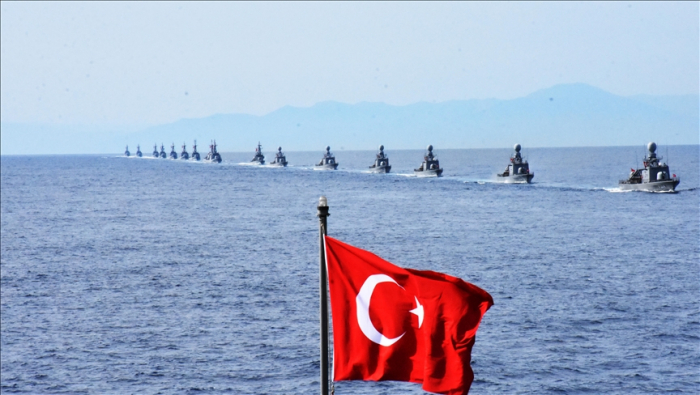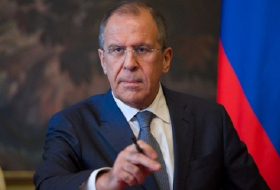Speaking at a session titled “The Battle for the Black Sea Is Not Over. Current and Possible New Threats,” Alpay described the region as a strategic maritime corridor connecting Europe, Asia, the Caspian Sea, the Middle East, and the Mediterranean.
“The Black Sea holds an important position in the rapidly developing security environment with its geostrategic importance at the intersection of the Europe-Asia region,” he said.
He outlined Türkiye’s three key principles for stability: regional ownership and cooperation among littoral states, avoidance of actions that raise military tensions, full compliance with the Montreux Convention.
Alpay emphasized the growing significance of recent natural gas discoveries in Romanian and Turkish waters, planned research in Bulgaria, and upcoming renewable energy projects in allied maritime jurisdictions.
"Maritime trade between coastal countries, and between coastal countries and non-Black Sea countries further increases the importance of the Black Sea for us," he said.
Alpay said Türkiye continues to support all peace initiatives related to the Russia-Ukraine war.
“Türkiye closely monitors the security situation in Ukraine and its surroundings, welcomes allied efforts to resolve the crisis, and leads all kinds of peace efforts, including the Istanbul negotiations,” he said.
He recalled the high-level talks hosted in Istanbul on May 16 between Russian and Ukrainian delegations, which Türkiye facilitated.
Alpay added that Türkiye backs the Coalition of the Willing, a group of 31 countries supporting Ukraine, and called for a “just, final and lasting peace” instead of temporary ceasefires.
He also underlined the Montreux Convention’s role in preserving Black Sea stability, describing Türkiye’s implementation of the 1936 treaty as impartial and consistent.
Romanian Defense Minister Angel Tilvar said mine-clearing operations and expanded defense spending remain priorities for Bucharest, including control over its airspace and modernization of its military.
Bulgarian Defense Minister Atanas Zapryanov called the Black Sea a critical geostrategic crossroad, warning that instability in the region directly threatens the North Atlantic alliance.
He voiced Bulgaria’s support for stronger NATO deterrence on the eastern flank and stressed the need for sustainable support, a lasting ceasefire, and a “fair and sustainable peace” in Ukraine.
Moldovan Defense Minister Anatolie Nosatii said his country is focused on strengthening national resilience and countering hybrid threats to preserve stability and security.
The two-day forum is organized by the New Strategy Center, a Romanian think tank, in cooperation with the National Defense Ministry. Turkish news agency Anadolu is the forum’s global communication partner.
Institutional partners include Romania’s Foreign Ministry, while Bucharest’s University of Agronomic Sciences and Veterinary Medicine is the academic partner.
The forum continued on Friday with sessions featuring 198 speakers from EU and NATO member states addressing long-term security challenges in the Black Sea and Balkans.
More about:
















































